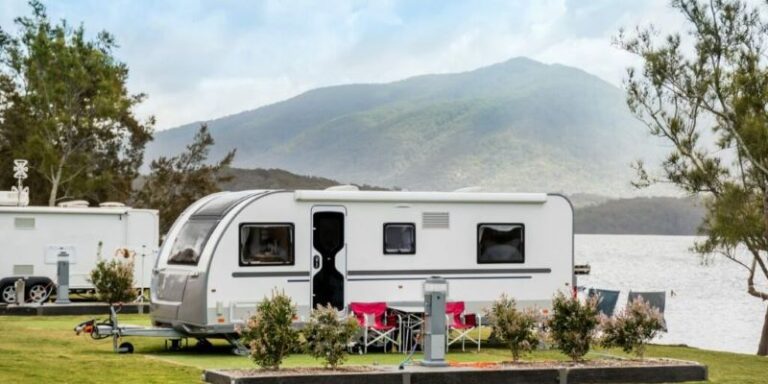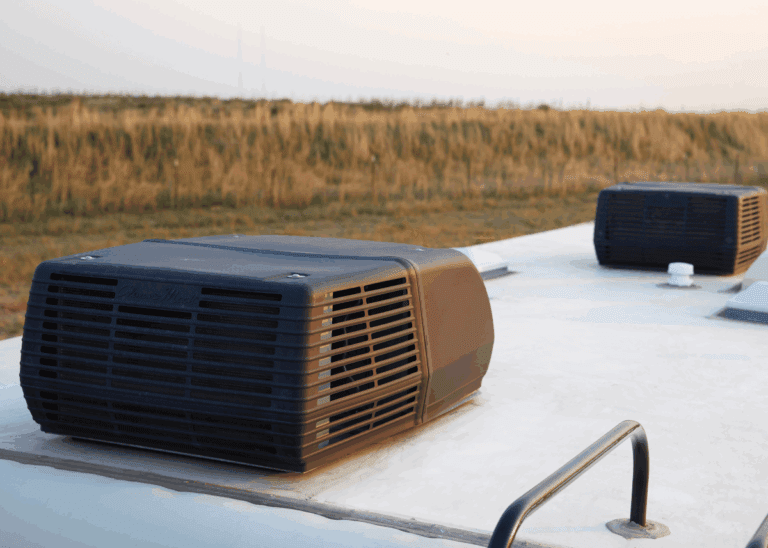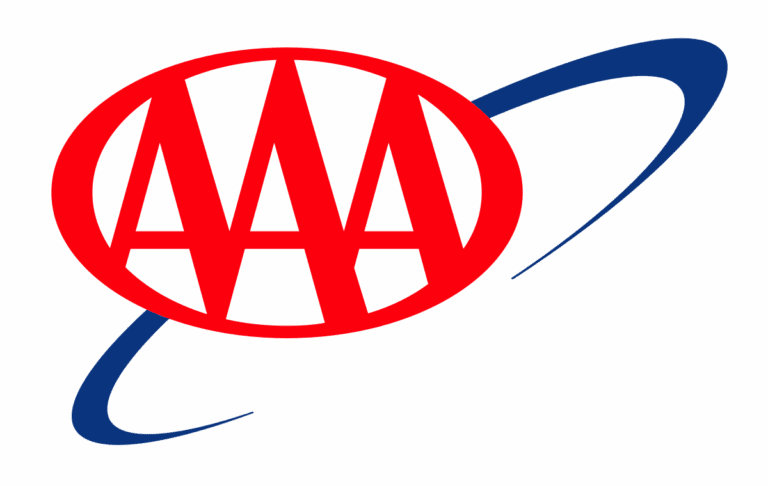What is a Good Budget for Full-Time RV Living?

What is a Good Budget for Full-Time RV Living?
Embarking on the adventure of full-time RV living is a dream for many, offering the freedom to explore the country in a campervan, Class A rig, or even a small teardrop trailer. However, to turn this dream into reality, it’s crucial to establish a realistic budget that covers various aspects of RV life.
Determine Typical RVing Expenses
For starters, you need to figure out what your typical RVing costs will be.These include fixed costs (ones that usually won’t change much from month to month or are one-time expenses) and variable costs (ones that can change frequently!).
Fixed costs for full-time RV living can include:
Purchasing an RV
The initial fixed cost you’ll need to plan for revolves around the purchase of the RV. If you finance your rig, monthly payments can range from $225 to $650, depending on factors like the type of RV and negotiated terms.
RV Insurance & Registration
Plan for an annual RV insurance cost of around $1,500, translating to $100 to $200 per month. Registration fees will vary based on RV class, weight, and the state in which the vehicle is registered.
RV Service and Repairs
Unfortunately, your rig will break down at some point in some way. Your plumbing system may spring a leak or your engine could fail. Include in your budget a cash reserve of approximately $5,000 annually for routine maintenance and repairs, budgeting $100 to $200 per month for ongoing upkeep.
Variable costs for full-time RV living can include:
Campground Fees
Campground fees can easily add up each month and range from $25 per night at basic parks to $70-$120 per night at luxury resort campgrounds. Luckily, there are many options for free, boondocking stays on Bureau of Land Management land and apps like Harvest Hosts.
Fuel Costs
We all keep our eyes on the cost of gas and this will be especially important for the full-time RVer. Expect to spend $300 to $500 monthly on fuel. What you pay will be influenced by factors such as distance you travel each week or month, your rig’s fuel economy, and, of course, prices at the pump. Don’t forget: You’ll need to consider additional costs for propane if using propane-powered appliances.
Eating Out and Groceries
Budget around $1,000 monthly for two people. But you can take advantage of local discount stores and sales to help cut costs.
Entertainment and Productivity
Do you plan to work from your RV? You’ll want to allocate funds Wi-Fi solutions and solar power systems for off-grid electricity. And when it’s time to play, be sure to have some cash to go to the movies, buy books, or enjoy a local event.
Account for Incidental and Unplanned Expenses
No matter how well you budget, there will be hidden costs of full-time RV living that add up. Prepare for other costs, such as laundry costs, toll roads, RV storage fees, medications, medical treatments.
Budgeting for RV living is essential for ensuring a successful lifestyle. When you set realistic budget limitations and incorporate cost-saving strategies, you can turn your RV adventure into a fulfilling and financially sustainable lifestyle.
What are some of your budgeting tips? Let us know in the comments or contact us today!


